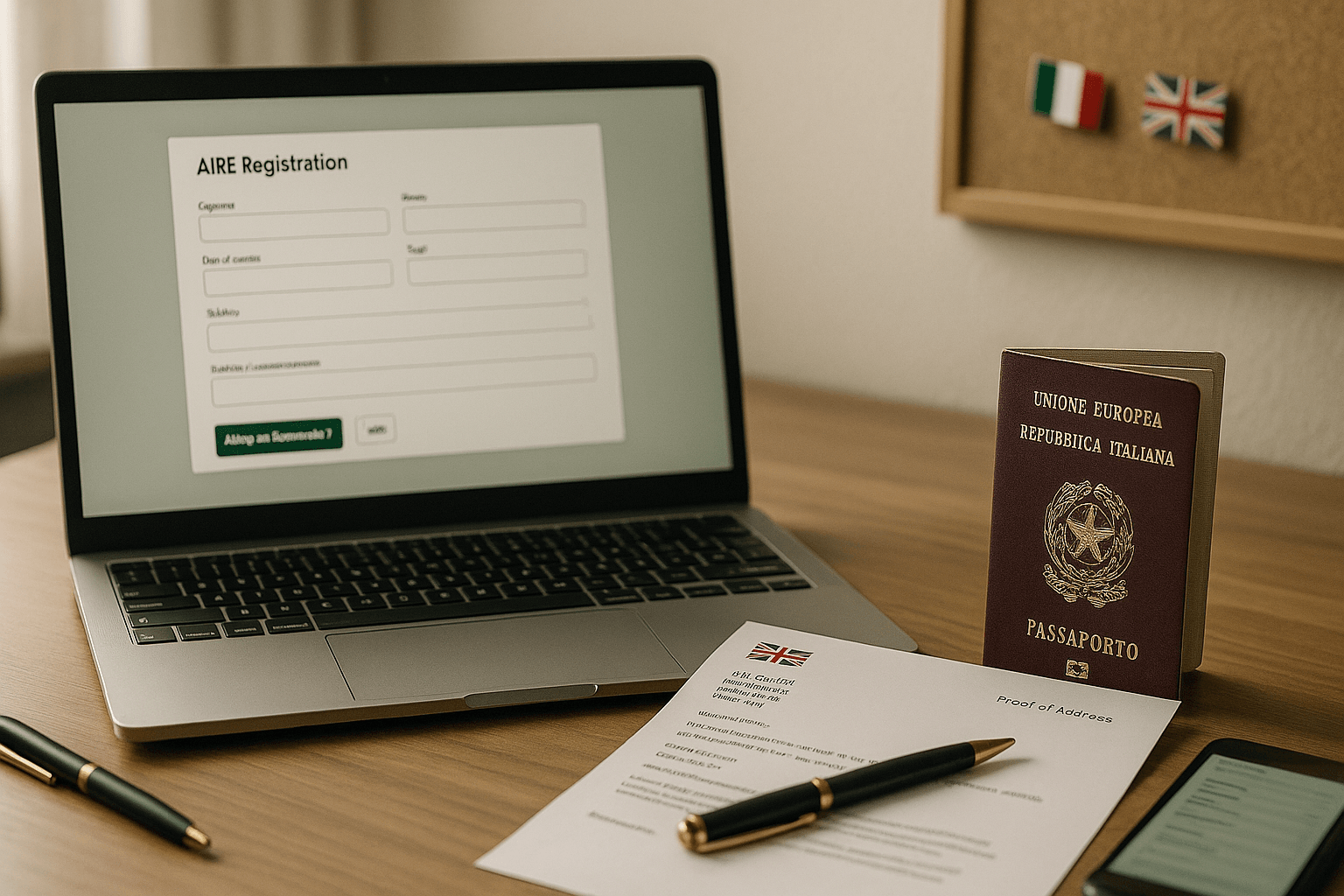Finding Affordable Housing in London (2025): Guide for New Arrivals
Practical, step-by-step advice for searching, applying and protecting yourself in London's rental market — where to look, how to avoid scams, your tenant rights, and what to do in an emergency.

London is expensive, but affordable options exist if you know where to look and how to protect yourself. This guide covers searchable channels, how referencing works, tenancy deposit rules, common scams, council housing routes, and immediate support for homelessness or unsafe accommodation.
Need help with references, proof-of-address or tenancy checks? View Resinaro Services →
Quick checklist (before you search)
- Passport or BRP for ID
- Recent proof of address (bank statement, bill) if you have one
- References from previous landlords or employer (if available)
- Budget calculator (rent + bills) — aim for rent ≤ 35% of take-home pay
- Photos of yourself and a short introduction message for contacting landlords
Where to search
- Property portals — Rightmove and Zoopla for whole flats; SpareRoom for flatshares and lodgings.
- Local groups — Facebook community groups and local noticeboards often have sublets and private landlords.
- University & workplace boards — great for short-term rooms and shared housing near campuses.
- Charities & community partners — local migrant support groups sometimes hold housing lists or trusted landlord contacts.
How referencing and tenancy setup works
- View the property — always view in person or via a live video call, ask to see ID and ownership proof.
- Apply & referencing — agencies often run credit/reference checks and ask for proof of income and ID.
- Deposit & holding fees — landlords may ask for a holding deposit (max one week’s rent) and then a security deposit (protected in a TDS).
- Sign tenancy — read the tenancy agreement carefully; check lengths, break clauses, notice periods and repairs responsibilities.
- Inventory & move-in — agree an inventory and condition report to avoid unfair deposit deductions later.
Deposit protection & your rights
In England & Wales landlords must place deposits into a government-approved Tenancy Deposit Scheme (TDS) and give you the details. Hold the tenancy agreement and TDS details safe — you’ll need them if a dispute occurs.
| Tenant right | What it means |
|---|---|
| Deposit protection | Deposit must be protected and details given to you. |
| Safe living standards | Landlord must repair hazards and ensure the property is safe to live in. |
| Notice & eviction | Landlords must follow legal eviction processes; unlawful eviction is illegal. |
Avoiding rental scams
Scammers often copy real listings or invent fake properties. Protect yourself with these rules:
- Always view in person or via live video with the landlord/agent present.
- Never transfer large sums before a tenancy agreement is signed — prefer secure payment methods.
- Verify the listing across multiple portals and check the ownership (land registry/agency).
- Ask for the deposit protection scheme name and reference — if the landlord refuses, be wary.
Council housing & emergency help
Council housing has long waiting lists and strict eligibility, but it’s worth applying if you meet local criteria. For immediate help, charities such as Shelter and Citizens Advice can advise on homelessness prevention and emergency accommodation routes.
- Apply to your local council housing register (eligibility varies by borough)
- Contact Shelter or Citizens Advice for free housing advice and legal help
- If you’re sleeping rough or at immediate risk, contact local services or dial 999 in an emergency
Budgeting for rent & bills
Factor in rent, council tax (if applicable), utilities, TV licence and internet. Tip: use separate bank 'pots' or accounts for bills to avoid missed payments.
- Estimate monthly total: rent + council tax + utilities + internet + groceries + transport.
- Aim to keep rent under ~35% of your take-home pay where possible.
- Ask about bills included in rent (some rooms include bills which can reduce cost).
Useful links
- Rightmove: rightmove.co.uk
- Zoopla: zoopla.co.uk
- SpareRoom: spareroom.co.uk
- Shelter (housing charity): shelter.org.uk
- Citizens Advice: citizensadvice.org.uk
- Tenancy Deposit Schemes (England & Wales) — check with the landlord for the scheme name.
FAQs
What is a holding deposit?
A holding deposit is usually one week’s rent to reserve a property while references are checked. It should be refunded or put towards the tenancy deposit if the application proceeds. Keep proof of payment.
What rights do tenants have for repairs?
Landlords are responsible for most repairs that affect health and safety (e.g., gas safety, heating, structural issues). Report issues in writing and keep copies of communications.
Can I have a guarantor?
Many landlords ask for a UK-based guarantor (someone who agrees to pay if you don’t). If you don’t have a guarantor, ask landlords if they accept paid guarantor services or a larger deposit (legal limits apply).
Struggling to find a safe, affordable place? Resinaro helps with document checks, references, and trusted partner introductions.
View Resinaro Services →